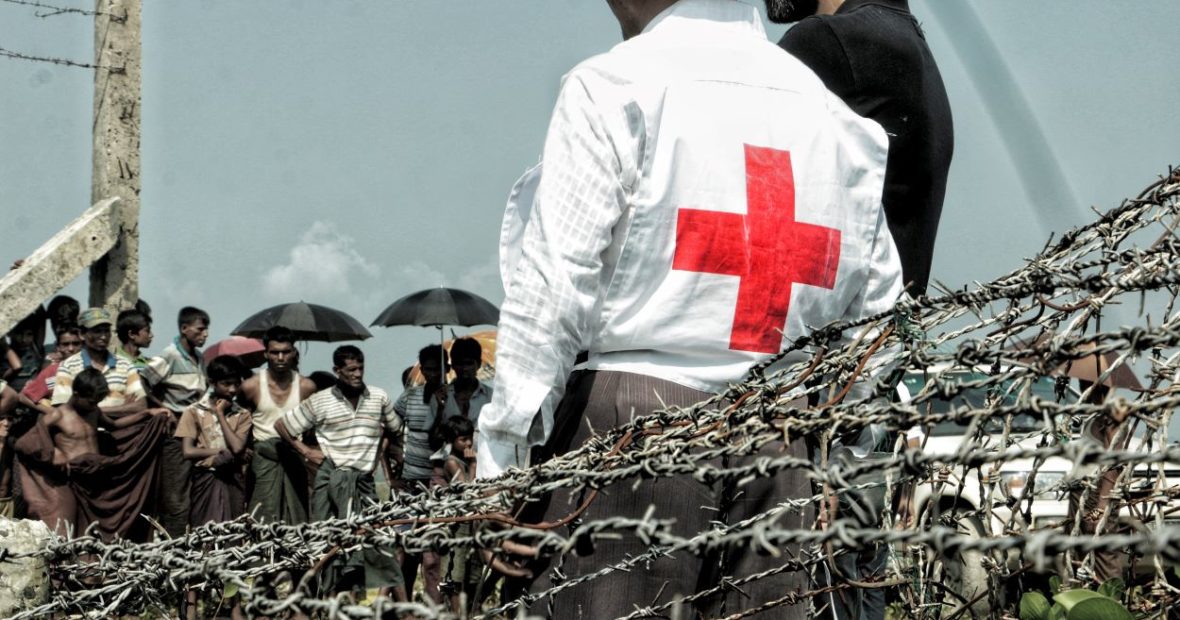Across the world, medical and health care workers face situations of armed conflict or other emergencies. They are sometimes subject to threats, abuse or violent attacks, leading not only to injury, death, abduction or plundering of their assets, but to the disruption of health care services where they are needed the most. The short-term consequences are obvious: patients are deprived of much-needed care, and health care workers are prevented from rendering assistance. The long-term consequences, while difficult to assess, are equally if not more serious.
Such challenges also exist in Bangladesh. In a new publication produced by the ICRC, “Protection of Health Care Personnel in Armed Conflict and Other Emergencies”, Dr Khizir Hayat Khan, both a medical doctor and Islamic scholar, aims at contributing to a better respect for health care workers by highlighting both humanitarian and Islamic principles. The publication explores three main themes: ethical principles of health care in times of armed conflict and other emergencies, as adopted by professional health care associations; protection for health care in armed conflict and other situations of violence according to International Humanitarian Law (IHL) and International Human Rights Law (IHRL); and Islamic principles and guidance to protect health care professionals and health facilities.
Please read the publication here.

